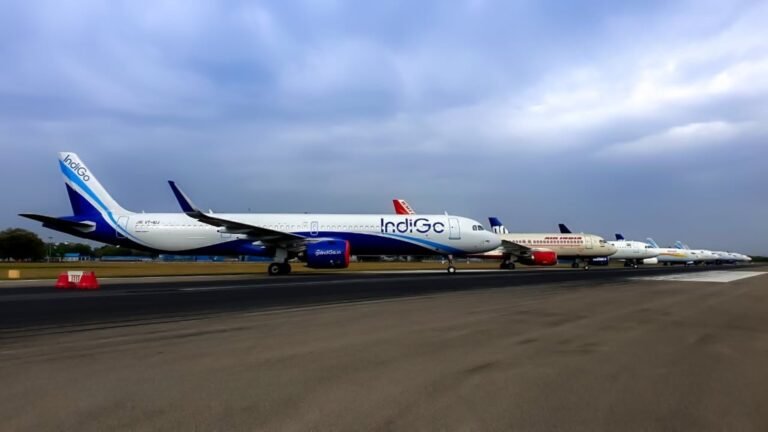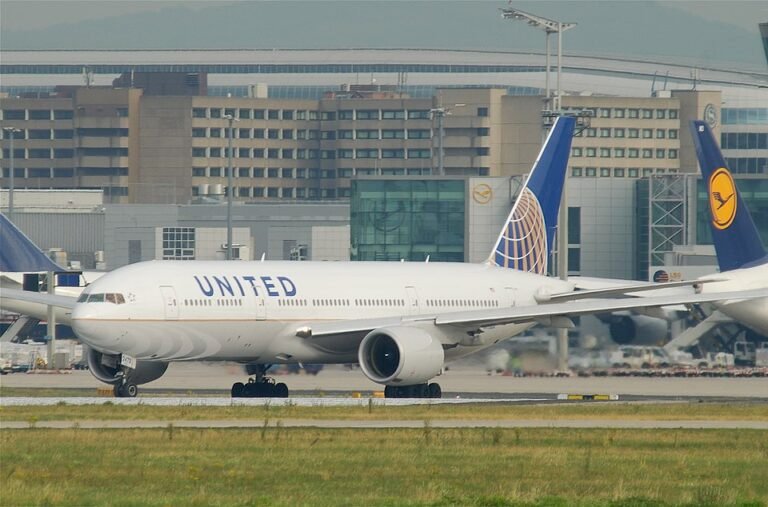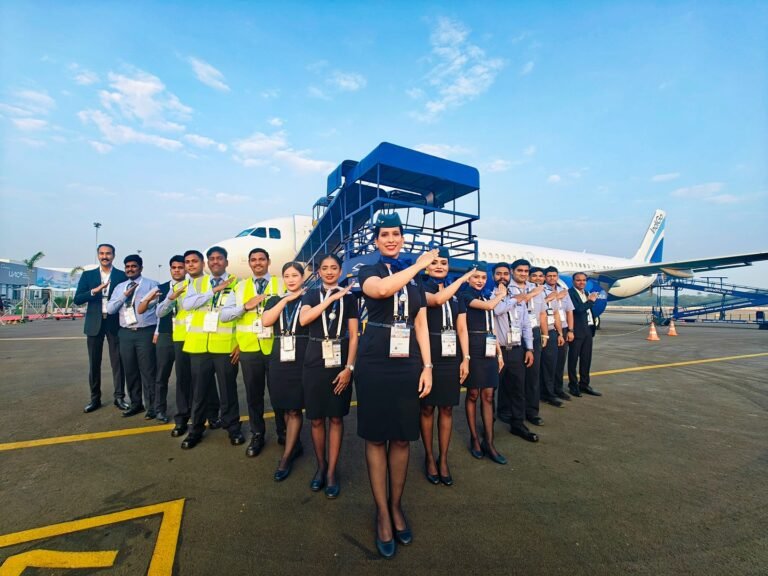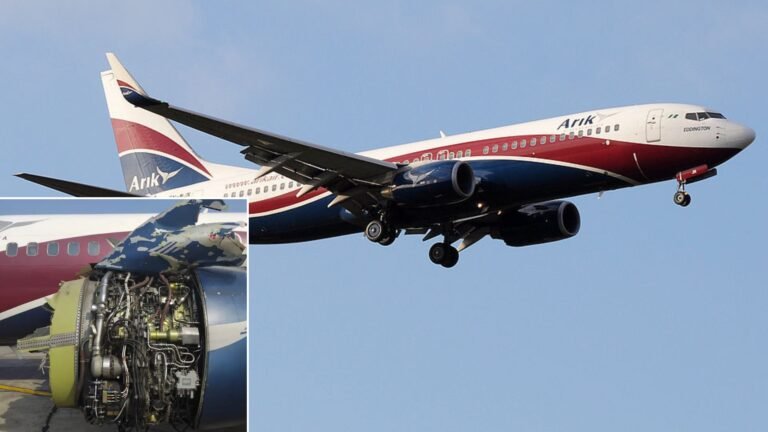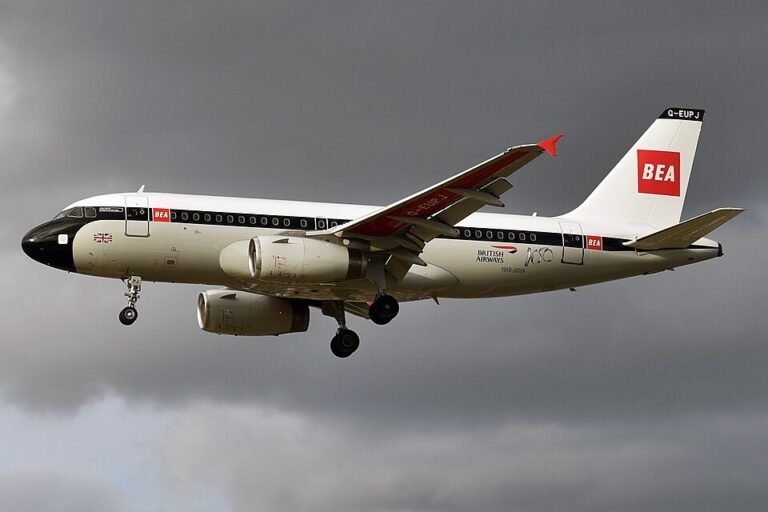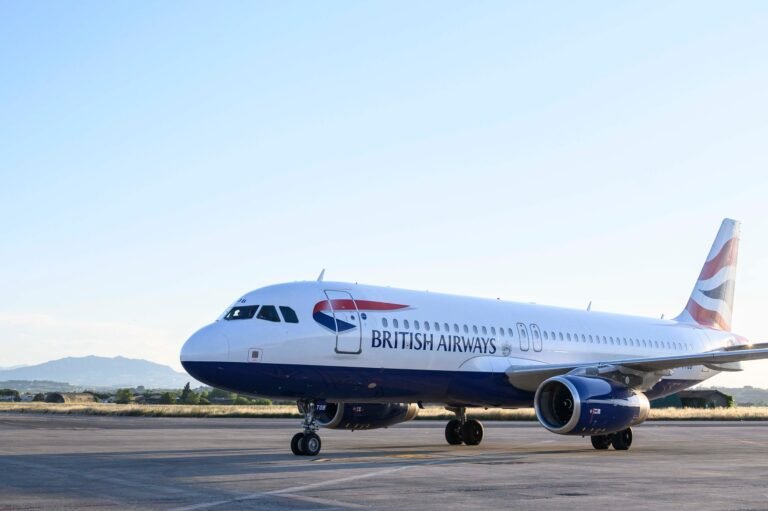
Warsaw, Poland: Poland’s Centralny Port Komunikacyjny (CPK) , one of Europe’s most ambitious transport infrastructure projects, has reached a major milestone with the official approval of its passenger terminal design, moving the €30–32.5 billion development closer to construction. The government-backed mega hub is projected to handle up to 44 million passengers annually by 2032, with integrated high-speed rail links designed to transform regional and international connectivity.
According to the Centralny Port Komunikacyjny company, the terminal and underground railway station design, developed by Foster + Partners and Buro Happold, has been formally handed over and accepted. The documentation is now being prepared for submission to regional authorities to obtain building permits. The facility will span approximately 450,000 square meters, making it nearly three times the size of Warsaw Chopin Airport’s terminal.
The three-level terminal layout will place check-in facilities and Schengen departures on the top level (+2), non-Schengen arrivals and transfer areas on level +1, and baggage reclaim alongside bus connections on the ground level. Initial capacity is set at 34 million passengers per year, with expansion potential to 44 million. The design also includes up to 67 aircraft stands, 140 check-in desks, and the ability to process up to 11,000 passengers per hour.

The construction is scheduled to begin in 2026, starting with deep foundation works. The underground railway station and connecting tunnel are targeted for completion by 2029, with the entire airport planned to become operational by the end of 2032. A general contractor tender is currently open, while other tenders including for the baggage handling system are already in progress. The company anticipates awarding contracts worth nearly PLN 30 billion by the end of 2025.
With an estimated total cost exceeding €30 billion, CPK is positioned as a direct competitor to hubs such as London Heathrow and Dubai International. The mega hub will integrate aviation, high-speed rail, and road networks, with almost 2,000 kilometers of new high-speed lines planned. These will link major Polish cities and connect to the EU’s TEN-T corridors, including the strategic Rail Baltica route to the Baltic states.

The Polish government under Prime Minister Donald Tusk confirmed in June 2024 that the CPK project would proceed, albeit with adjustments to ensure it complements rather than entirely replaces existing airports in Warsaw. Speaking to Reuters, Tusk said the plan reflects both the scale of Poland’s economic ambitions and the need for integrated transport solutions.

